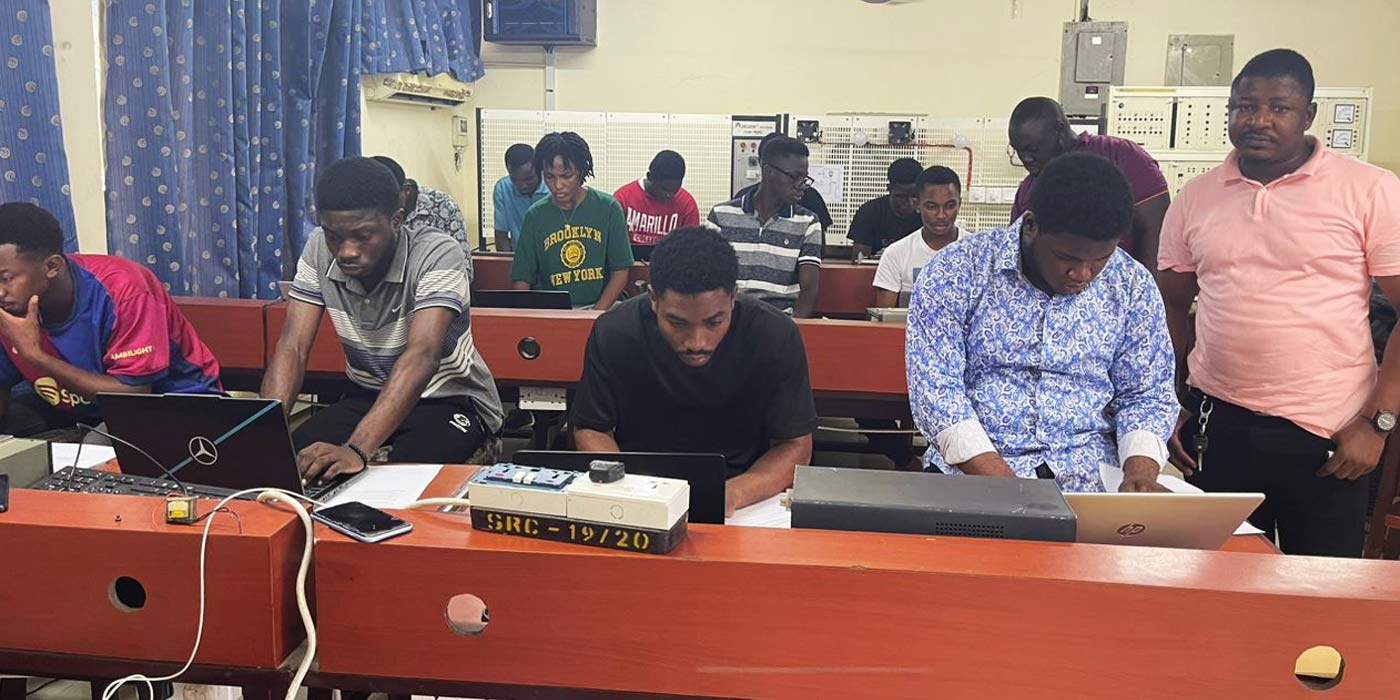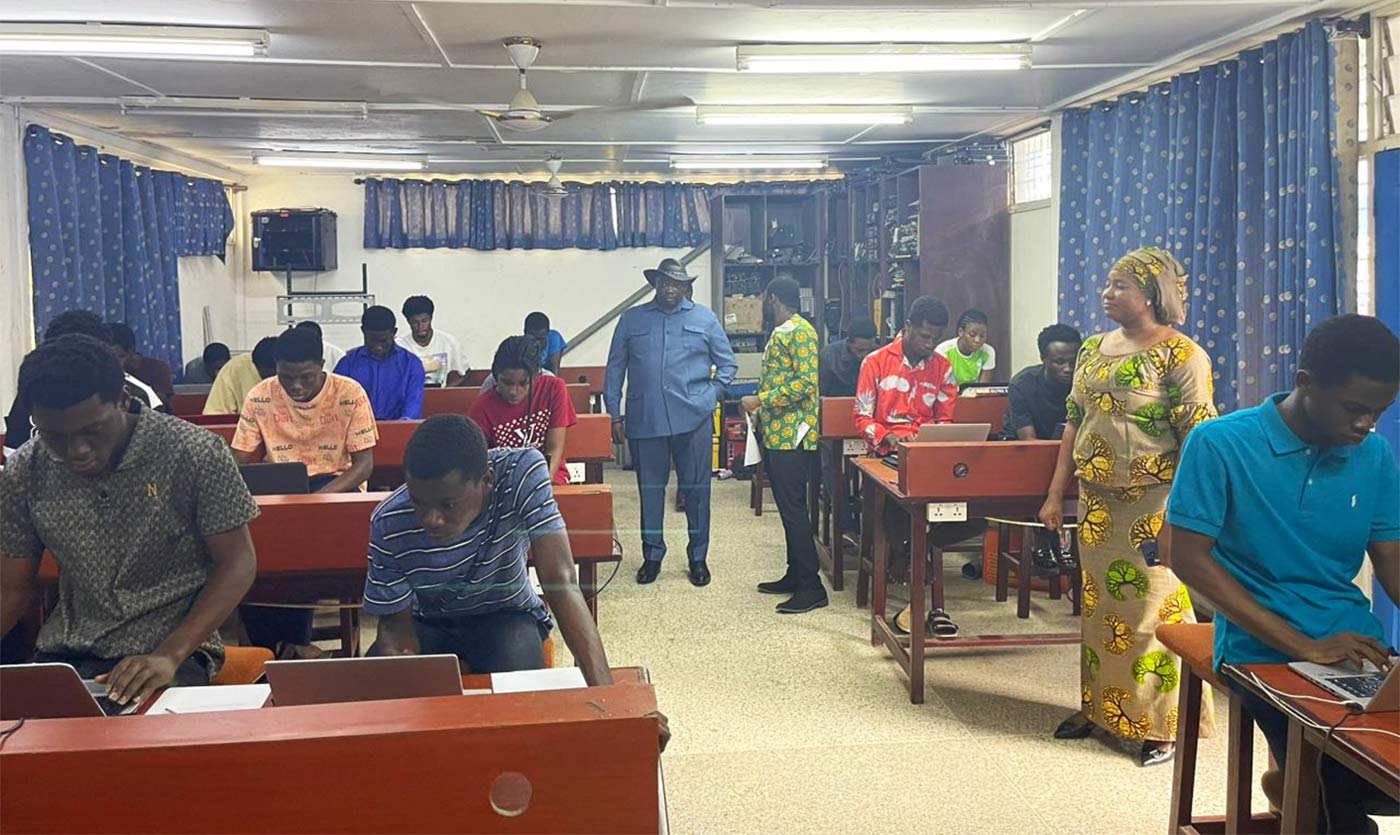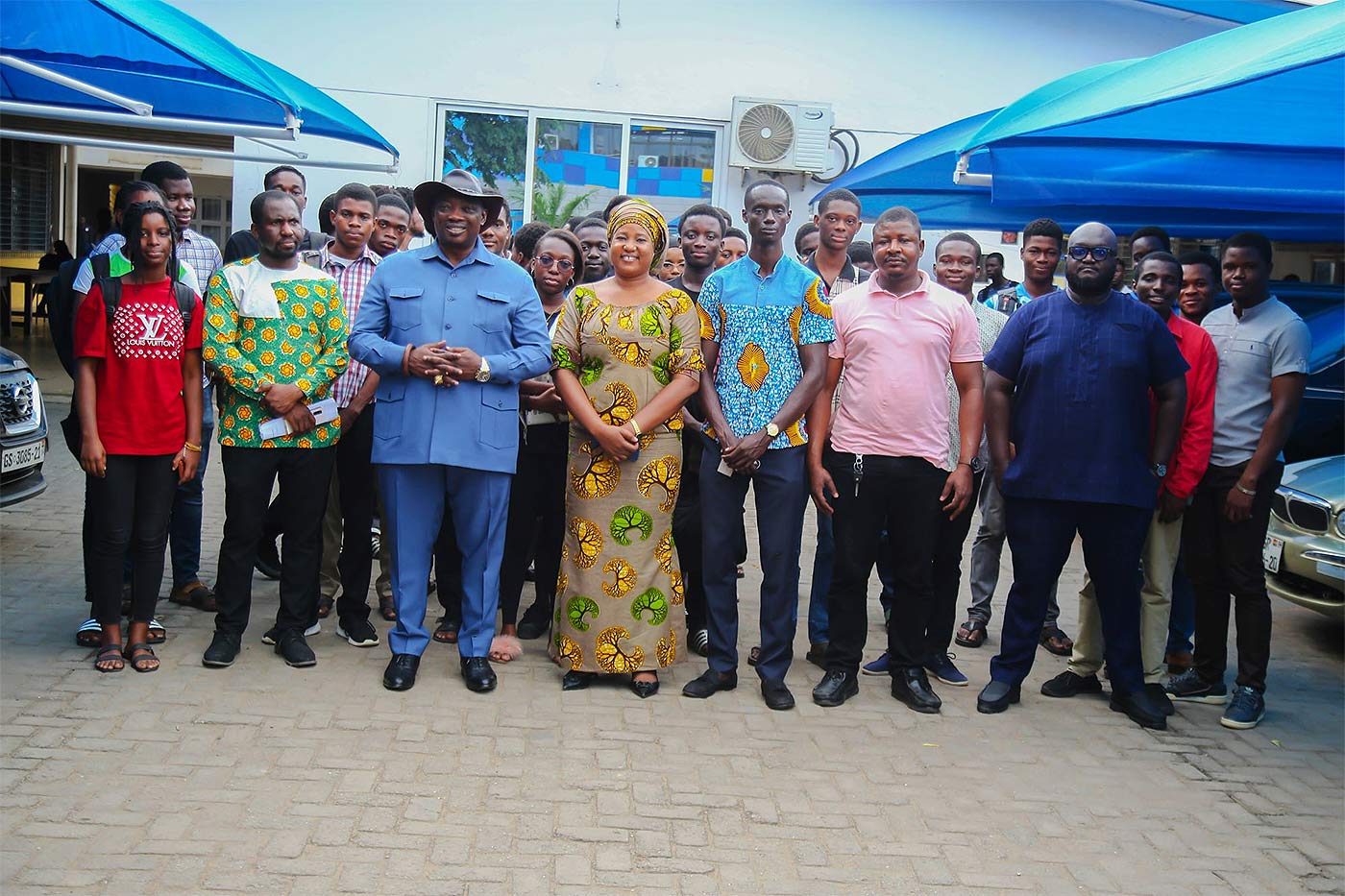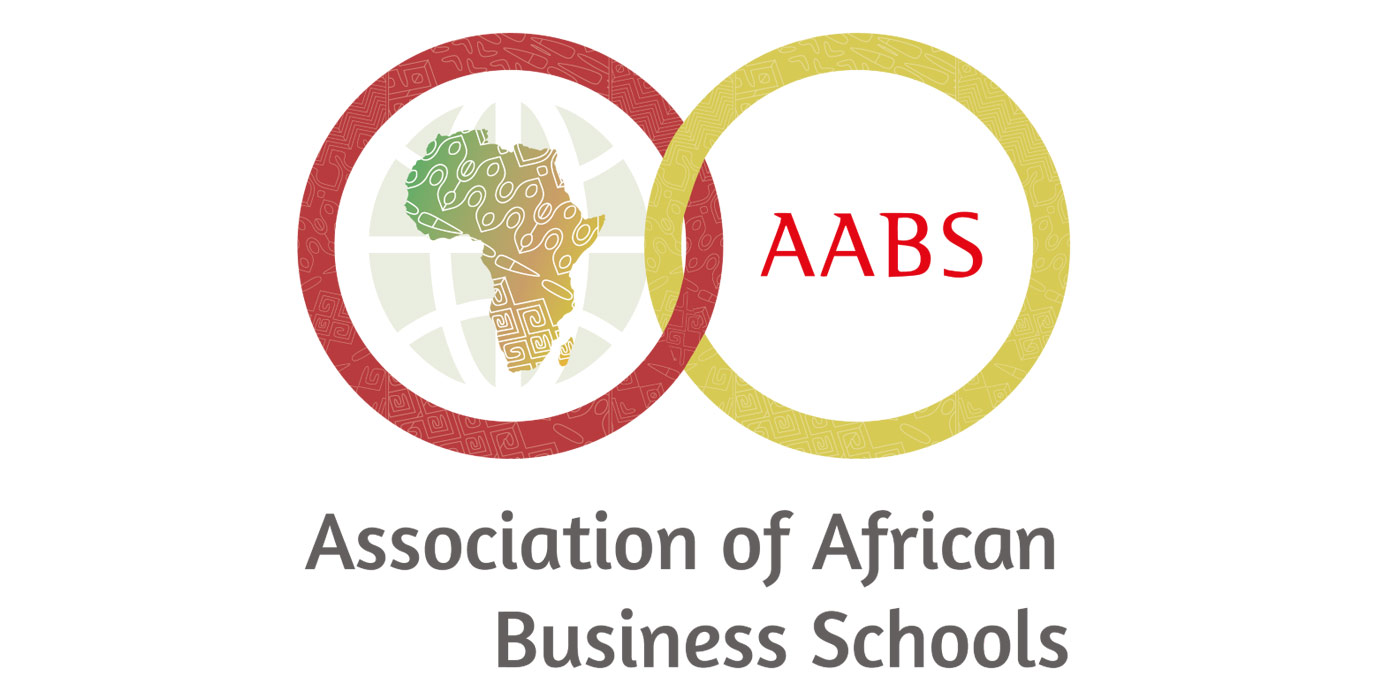GCTU Introduces Hands-on Practical Examinations To Advance Engineering Education

In a significant stride towards enhancing engineering education at GCTU, the Vice-Chancellor, Prof. Emmanuel Ohene Afoakwa, visited the first-ever hands-on practical examination session for Computer Engineering students on Tuesday, August 20, 2024.
This innovative approach marks the University’s commitment to promoting practical learning, thereby aligning with the nation’s digitalization agenda and ushering in the Fourth Industrial Revolution.
The visit provided the Vice-Chancellor with an opportunity to witness firsthand the newly introduced curriculum, which balances theoretical knowledge with practical application. This approach has divided the Computer Engineering programme into two equally important segments – one focused on theory and the other on hands-on lab work.
During his visit, Prof. Afoakwa was deeply impressed by the students’ performance and the potential of the new curriculum. He expressed his commitment to supporting the Department of Computer Engineering with the necessary tools and kits to enhance the students’ learning experience.
“I am ready to provide the department with well-equipped labs where students can have truly hands-on sessions to further hone their practical skills,” the Vice-Chancellor stated. He also promised to ensure the sustainability of this project by providing continuous support to the department.

Welcoming the Vice-Chancellor, the Dean of the Faculty of Engineering, Dr. Ruhiya Abubakar, emphasized the importance of practical training in engineering education. “Practical training and exams help engineering students to improve their technical skills and develop their problem-solving skills. The introduction of the concept of having practical exams will enhance students’ understanding of the engineering concepts learned in class, which will go a long way to sharpening their industry readiness abilities,” she remarked.
Speaking to an in-house reporter after the exam, a Senior Lecturer and Head of the Department of Computer Engineering, Dr. Samuel Danso, emphasized the significance of this shift in educational strategy. “We want to move from traditional paper-based exams where students memorize and reproduce information, to more practical, hands-on examinations. This semester, for the first time, we’ve implemented an examination where Level 100 students complement their C++ coding with hands-on lab work,” he explained.
The practical examination aims to test students’ technical skills, innovation, and the application of their computing knowledge in real-world scenarios. Dr. Danso highlighted the importance of this practical approach, noting that while theoretical exams have their place, they often fall short in evaluating a student’s ability to troubleshoot and solve practical problems, which are crucial skills in the engineering field.
A Level 100 student, Serena Eyeson-Ghansah, who also spoke to the in-house reporter, shared her experience of the hands-on exam, describing it as a valuable learning opportunity that pushed her beyond her comfort zone. “It was actually a really good experience because it helped us see different things we can do with our programming skills,” she said. Serena also expressed her appreciation for the Vice-Chancellor’s visit, noting that it made the students feel valued and supported by the University’s leadership
The Level 100 students, numbering around 170, participated in the examination in three slots due to the high turnout.
The introduction of hands-on practical examinations at GCTU represents a critical step towards bridging the gap between theoretical knowledge and practical application in engineering education.
This initiative not only equips students with the necessary skills to excel in the field but also positions GCTU as a leading institution in promoting technology and engineering education in Ghana. The University has invested considerably in innovative educational strategies over the years and is firmly at the forefront of driving the digitalization agenda, preparing students to lead in the rapidly evolving technological landscape.



